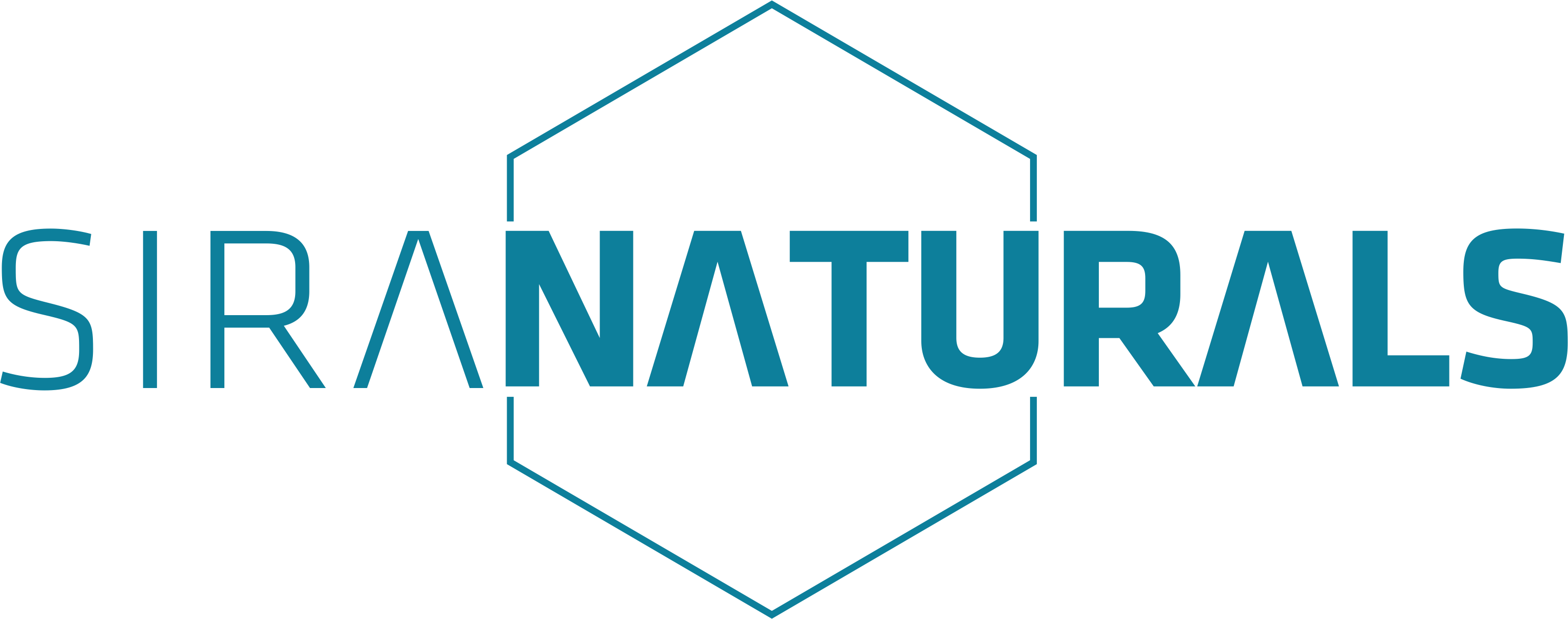Medical marijuana is a hot topic with veterans right now. You’ve probably even seen news coverage about it.
That’s because a coalition of veterans advocacy groups sparked a debate on Capitol Hill last year around the need for more cannabis research. More research will help put doubts about the benefits of medical marijuana to rest, say groups like the American Legion.
But that was before Massachusetts and other states started opening more recreational shops and public support for cannabis legalization reached a record high. Also this year, we saw the biggest-ever spike in opioid deaths and a major scramble for safer alternatives. All things considered, advocates are now doubling down efforts to get the U.S. Department of Veterans Affairs (VA) to approve medical use for veterans.
It all started with a bill proposed this month by Democratic Senator Bill Nelson of Florida. Before we get into what the bill entails, a little context: What do VA rules look like today?
The VA’s Current Stance on Medical Cannabis
To date, 31 states have approved cannabis for medical use. But because cannabis remains illegal under federal law, VA doctors “may not recommend it or assist veterans to obtain it.”
The VA does “encourage” veterans to discuss cannabis use with their doctor if they choose to take advantage of state marijuana programs. Doctors should then adjust treatment plans accordingly. Veterans don’t need to worry about cannabis affecting their eligibility for VA care or the care itself.
However, the VA takes a federal-first approach to the law, which veterans advocates want to shift.
Proposals Hitting Congress This Year
Among several proposals for veterans and their ability to access cannabis, Senator Nelson’s “Veterans Medical Marijuana Safe Harbor Act” is the most ambitious. It would allow veterans to “use, possess, or transport medical marijuana” in any of the 31 states that allow medical use. The law would also require, rather than encourage, VA doctors in these states to discuss cannabis as a treatment option.
Federal law bars VA doctors from prescribing medical marijuana to veterans. That’s not right. I just filed a bill to let these doctors prescribe medical marijuana to vets in Florida and the 30 other states where patients are legally allowed access to it. https://t.co/L5Pofyb7XG
— Senator Bill Nelson (@SenBillNelson) September 5, 2018
Another proposal once again focuses on expanding cannabis research, which more than 90 percent of vets support. Even House members, historically opposed to the idea, have asked the VA for more data on cannabis’s medical potential. Without it, reads a letter sent to VA Secretary Robert Wilkie, “both VA doctors and veterans will remain in the dark about this potentially beneficial alternate treatment.”
As usual in the medical cannabis debate, public reactions are mixed. Here’s what you should know to form your own opinion.
How Can Medical Cannabis Help Veterans?
Amidst today’s deadly opioid epidemic, veterans are twice as likely to die from accidental overdoses. Numerous studies tout cannabis as an alternative to opioids. In their letter, House members said it would be “irresponsible to turn a blind eye to a possible substitute” to drugs that kill more than 100 Americans a day.
Many vets themselves see cannabis as a viable option. About 22 percent, including those struggling with opioid addiction, have already switched to cannabis to treat two conditions in particular:
- PTSD: Though scant, research suggests THC can reduce nightmares and improve sleep quality.
- Chronic pain: Research hasn’t yet explored its effect on all types of pain, but cannabis seems especially effective for neuropathic pain.
What Roadblocks Might Veterans Face?
Neither the White House nor the VA has expressed support for expanding cannabis use or research. For now, federal law limits federal research into cannabis and what VA doctors can advise, meaning you might not get a lot of information from your provider.
It’s a chicken-and-egg situation. Only more research can change federal attitudes toward research, but that’s not currently allowed. While lawmakers figure out how to break that ice, the key is to focus on what’s best for you.
You may find cannabis doesn’t work for you. Like any other medicine, it’s not for everyone. You might find it helps – in which case, don’t be afraid to make a case to your doctor for building cannabis into your treatment plan (learn how to do that here).
As for Nelson’s proposal, the bill is unlikely to move forward before the November 2018 mid-term elections. In the meantime, here's a full list of VA rules to bear in mind.






